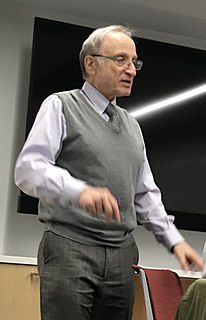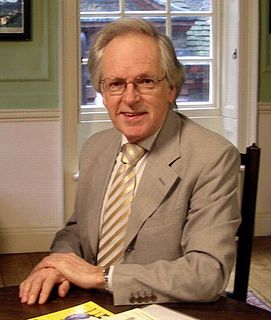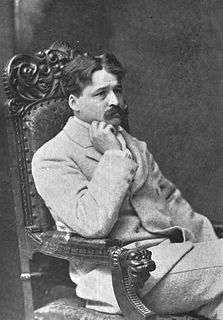A Quote by Charles Henry Parkhurst
Human success is a quotation from overhead.
Quote Topics
Related Quotes
My readers, who may at first be apt to consider Quotation as downright pedantry, will be surprised when I assure them, that next to the simple imitation of sounds and gestures, Quotation is the most natural and most frequent habitude of human nature. For, Quotation must not be confined to passages adduced out of authors. He who cites the opinion, or remark, or saying of another, whether it has been written or spoken, is certainly one who quotes; and this we shall find to be universally practiced.
The art of quotation requires more delicacy in the practice than those conceive who can see nothing more in a quotation than an extract. Whenever the mind of a writer is saturated with the full inspiration of a great author, a quotation gives completeness to the whole; it seals his feelings with undisputed authority.





































